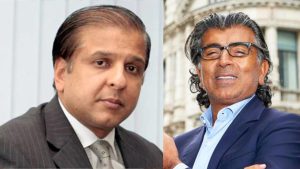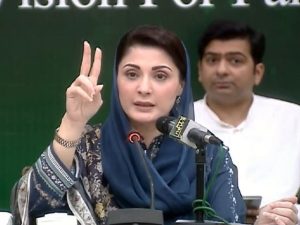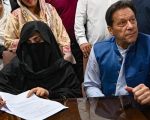ISLAMABAD – The International Monetary Fund (IMF) has recommended that Pakistan revamp its tax system and tax non-essential items, especially cigarettes, to increase revenue and enhance public health. The IMF has suggested a series of measures, which have been welcomed by health advocates and experts, including the imposition of higher taxes on non-essential items like cigarettes.
Professor Muhammad Zaman, who heads the Zaman Research Center at Quaid-i-Azam University (QAU), has emphasized the need for the government to take action and implement the IMF recommendations to address the country’s economic problems. According to him, the IMF report cites a study conducted by Capital Calling, an Islamabad-based think tank, which shows that cigarette consumption has decreased due to increased prices.
Zaman also highlighted the need to consider the societal cost of morbidity and mortality associated with smoking. He pointed out that smoking is harmful to health regardless of the brand of cigarettes.
The Sustainable Development Policy Institute (SDPI) has revealed critical flaws in Pakistan’s tax system, particularly in the cigarette industry, which has resulted in a loss of Rs. 567 billion over the past seven years. The study also exposed the influence of multinational cigarette companies on policymakers, which led to the introduction of a three-tier excise duty structure in 2017. However, subsequent analysis proved this approach ineffective and misleading in revenue generation.
The SDPI research examined global best practices and highlighted how high and middle-income countries have successfully reduced cigarette consumption and increased government revenues through high cigarette taxes. However, Pakistan lacks a coherent strategy to utilize cigarette taxation and pricing as a public health tool.
Dr. Hassan Shehzad from the International Islamic University Islamabad (IIUI) has emphasized the importance of safeguarding tobacco tax policies from the vested interests of cigarette companies to ensure the effective development, implementation, and enforcement of public health initiatives. His views align with those of the World Health Organization (WHO).














